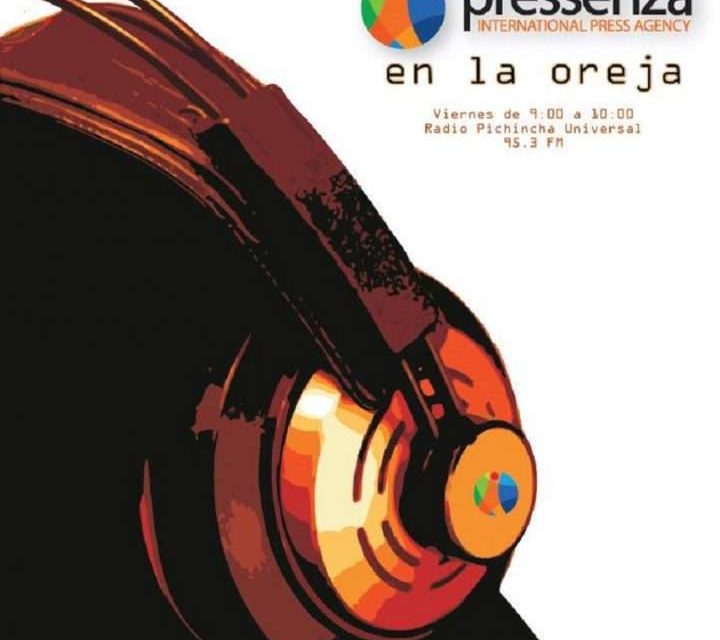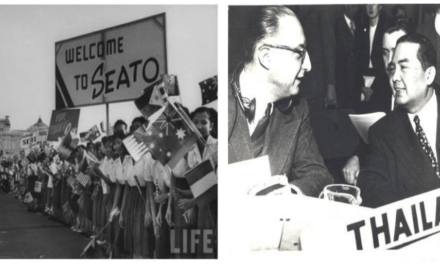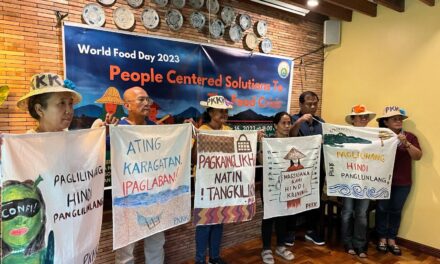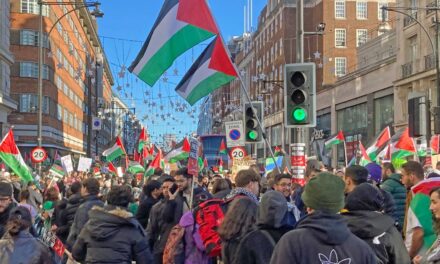Interview Transcript
Brief about the politics in the Philippines and Southeast Asia (SEA)
The Philippines and SEA are experiencing a massive political crisis with the rise of dictatorial and repressive regimes. We have shrinking democratic spaces, human right violations and a culture of impunity. For example, the war on drugs (similar to Colombia and Mexico) introduced by the new president of the Philippines, Rodrigo Duterte, has claimed more than 8,000 lives, mostly from poor communities.
Our economies have been destroyed by three decades of capitalist and neoliberal policies. And even though our economies are growing, we have high rates of poverty and inequality, especially when it comes to control over the territories and commons by farmers, indigenous peoples, fishers and women.
There’s also a strong tradition of resistance and political pressures towards government and exacting accountability from corporations and governments.
Main resistances in SEA
One of the main resistance struggles in the region is around the defense and reclaiming of the commons.
The commons is similar to the notion of territories by indigenous peoples here in Ecuador. These are land, water, biodiversity, seeds which belong to communities and societies for the collective good of present and future generations.
But the commons are threatened by capital, large scale investments, free trade and investment agreements, and Chinese investments.
There are numerous cases of land grabbing, privatization and enclosures happening across the region: from Indonesia, which plans to build multiple corridors for food for export and palm oil plantations, to Cambodia which has given multiple concessions to Vietnamese, Thai and Chinese mining and agricultural companies.
There’s also the biggest challenge in the Mekong river, where hundreds of large scale and small dams for hydroelectric power under the name of “sustainable hydropower” are being constructed, with the aim to export electricity to key cities such as Bangkok for the growing middle class. The impacts are devastating for local people’s and communities, in particular indigenous and farming communities. They have been displaced, dispossessed and uprooted from their source of life and identity. For SEA governments, development equals investments and vice versa. This is development without people, poor and marginalized communities. It’s a development that’s only for the rich, corporations and political and economic elites.
Women’s role in the struggles
Women play a very important role in resistance struggles. They are at the frontline of struggles. For example, in Cambodia in a community called Bangkouek lake, 90% of the protesters are women. They have left their jobs to devote themselves full time to resisting because their homes are threatened in favor of a real state development to give rise to buildings.
In another community in a well-known tourism destination in the Philippines called Boracay, the indigenous communities have been displaced by resorts and commercial interests. But in 2014, they conducted a land occupation to claim their ancestral lands which have already been recognized in law and time immemorial. They successfully reclaimed their lands and are now living a life with dignity and hope. They have constructed their own livelihoods as well.
What are the perspectives on alternatives?
There are a number of alternative perspectives that challenge capitalist expansion in Southeast Asia. One is the practice of agroecology where communities resist monoculture and industrial agriculture by growing food without poison. They say that by doing so, they protect the soil but also the people that are eating their food. And agroecology is a practice which is also being used by communities devastated by climate change disasters.
For example, in central Philippines, a community had to reconstruct their lives and homes from zero, from nothing, because everything was gone and flattened by the super-typhoon that hit our country. They have to rebuild their courage, self-esteem as well because of the trauma. And slowly in the last 3 years the people were able to rebuild their farms. Now they are harvesting agroecological products for their homes and for their community.
But this was done because of the tremendous effort and organization of peoples and communities using pressure politics to demand from government. It was not the state that rebuilt the lives of people in post disaster situations, it was the people themselves taking their future into their own hands and collectively recreating their societies. These are the kinds of alternatives which governments should enable to flourish and not investments for capitalist greed and extraction and domination of nature.




![G77 summit: Nations hope to establish new economic world order [Al Jazeera]](https://focusweb.org/wp-content/uploads/2023/10/Screenshot-2566-10-02-at-10.12.19-440x264.png)





